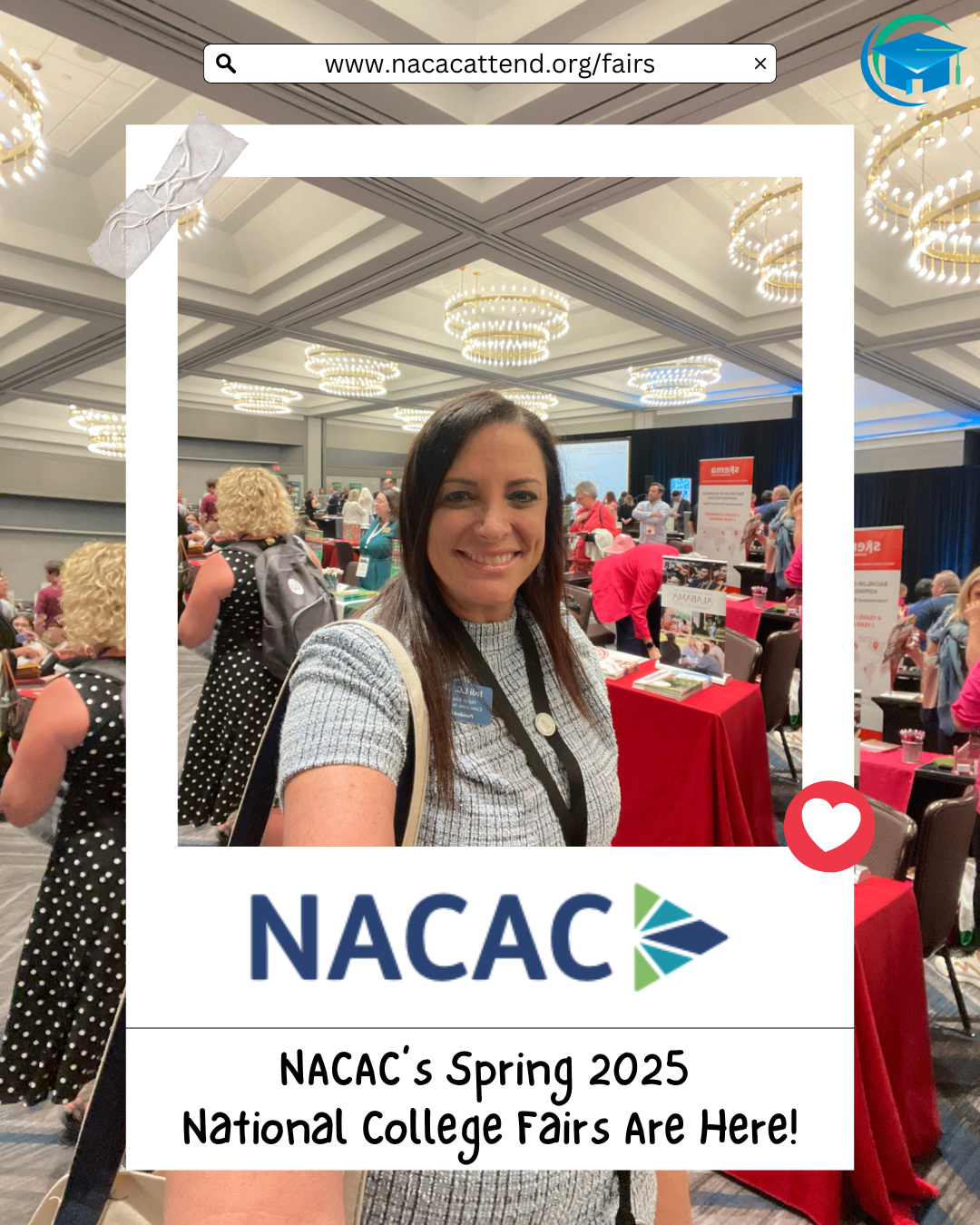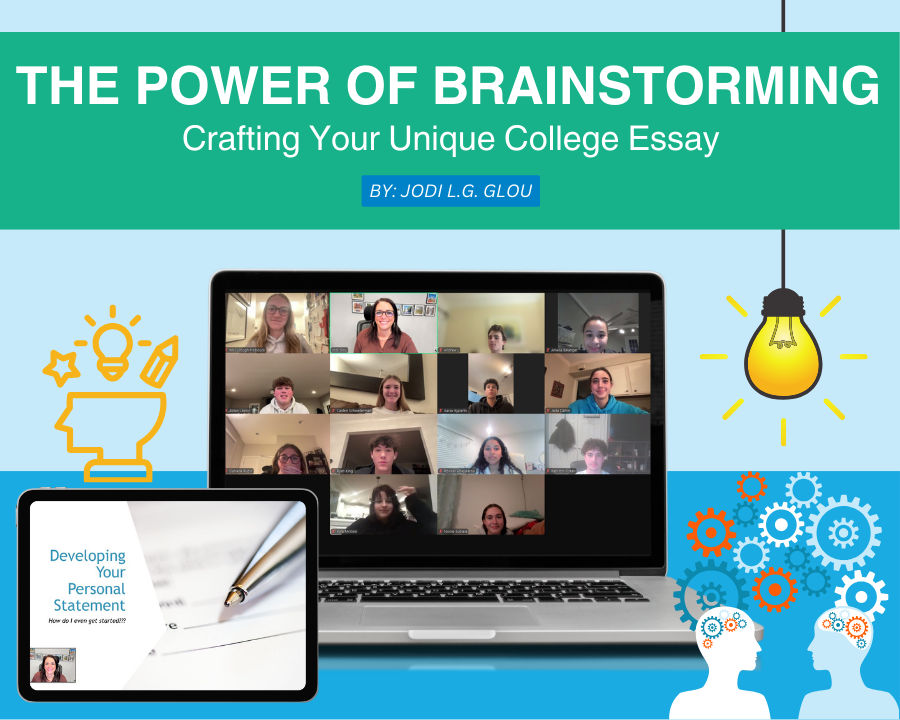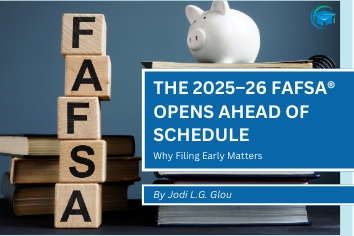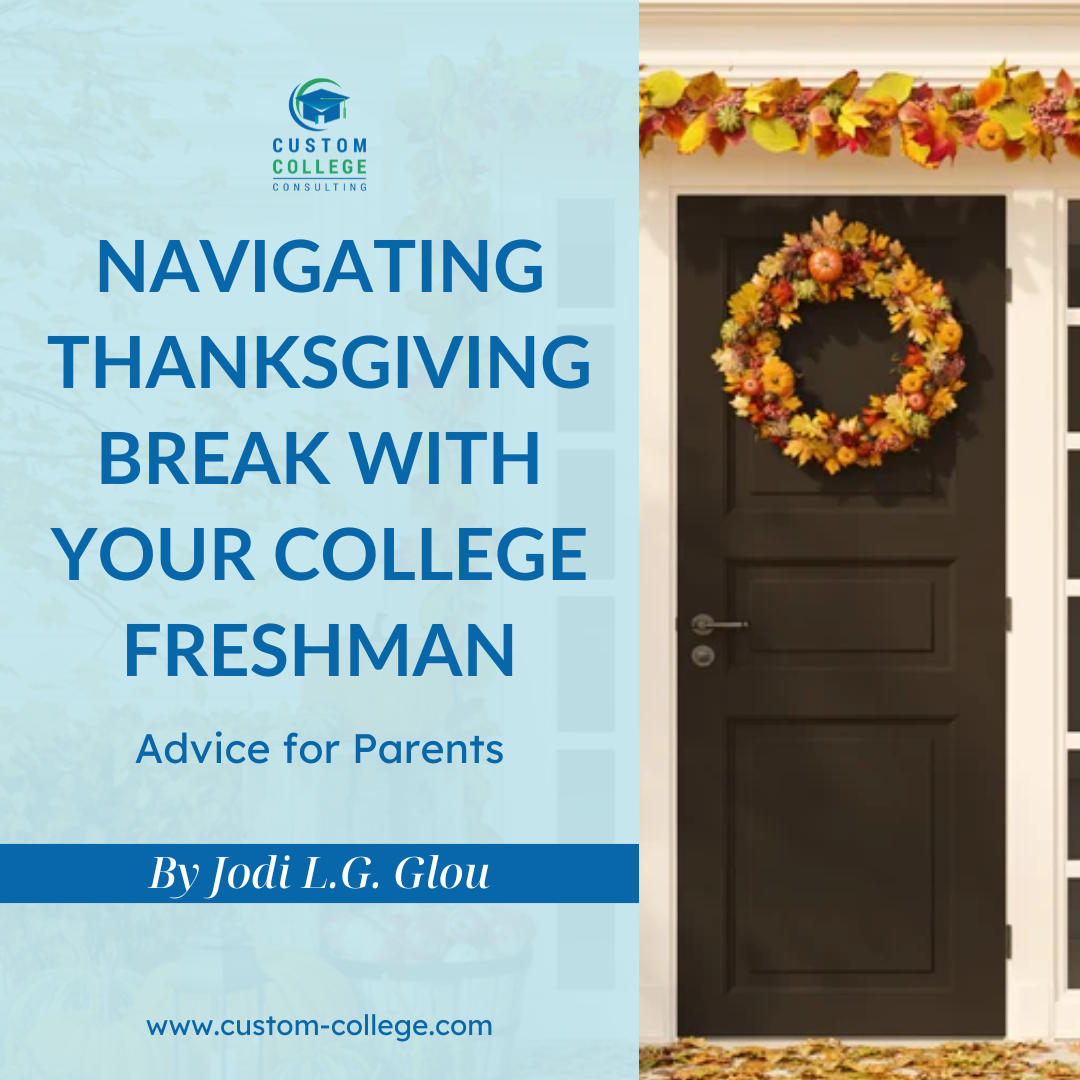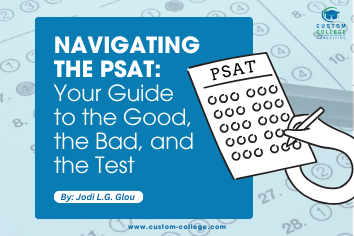Navigating an In-Person College Fair: Tips from Custom College Consulting
Attending a college fair can be an exciting yet overwhelming experience. Without a clear strategy, it’s easy to leave with little more than a stack of brochures and vague impressions of countless schools. However, with the right approach, a college fair can provide valuable insight into potential colleges, offer direct connections with admissions representatives, and help clarify your college search. Here’s how to make the most of your time at a college fair.
Have a Game Plan
Before stepping into a college fair, take a moment to consider your college search goals. Are you looking for a specific academic program? Do you have financial constraints that require scholarships or merit aid? Are you interested in study abroad programs, internships, or career placement services? The more you understand your own priorities, the more meaningful your conversations with college representatives will be.
Bring the Right Materials
Come prepared with a backpack or folder to store brochures and information sheets. Bring a notebook with pre-written questions for college representatives and a pen—although you’ll likely collect plenty of free pens along the way! You’ll also need to fill out information cards for each school you speak with. To save time, consider printing pre-made labels with your name, contact information, intended major, and extracurricular interests. This small step can make the process much more efficient.
Dress the Part
While there’s no need to wear formal business attire, it’s important to make a good impression. Think “business casual” rather than sweatpants and a hoodie. Dressing as you would for a dinner with a respected relative is a good rule of thumb. First impressions matter, even in casual settings.
Ask Thoughtful Questions
When you speak with a college representative, use the opportunity to gather information you can’t easily find online. Instead of generic questions like “Do you have a psychology major?” ask about classroom experiences, student-to-faculty ratios, internship opportunities, and support services. Questions about campus life—such as housing options, roommate selection, and meal plans—can also help you determine whether a school is the right fit.
Make a Lasting Connection
College representatives at fairs often cover specific regions, meaning the person you meet may be the same person reading your application. Making a strong impression can work in your favor. If a particular college interests you, take the extra step of following up with a thank-you email and any additional questions. Demonstrating interest can sometimes be a factor in the admissions process.
Final Takeaways
By the end of the college fair, you should have gathered useful information, established key contacts, and narrowed down your list of potential schools. Instead of leaving with just a pile of pamphlets, you’ll walk away with insights that can help you make informed decisions about your college future.
If you’re looking for more guidance on navigating the college admissions process, Custom College Consulting is here to help!

